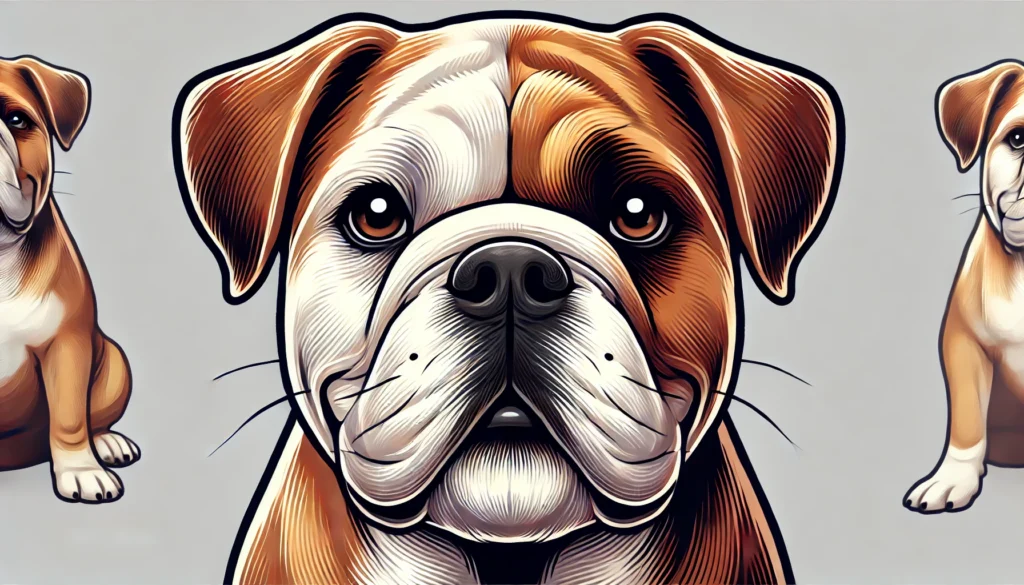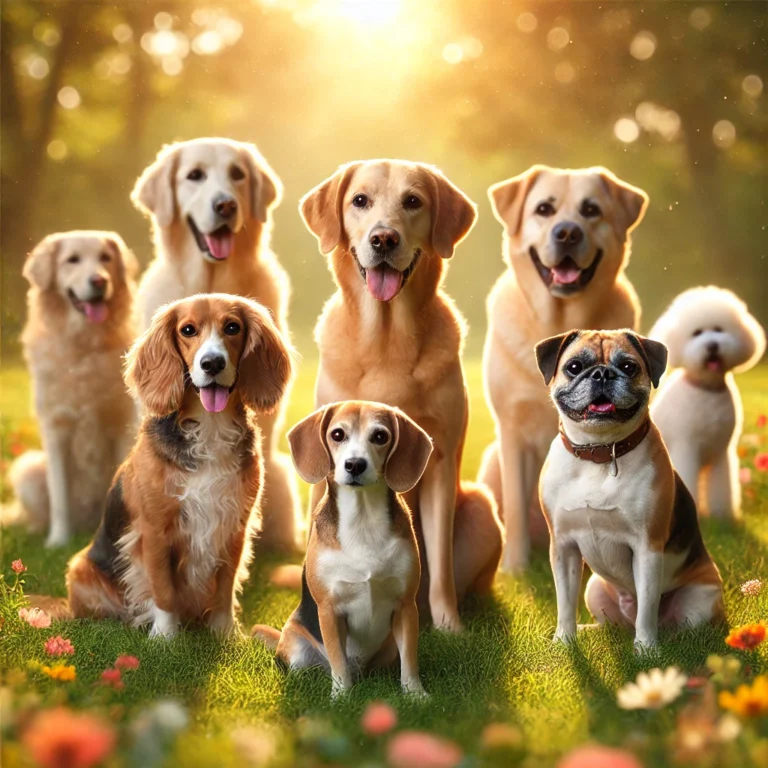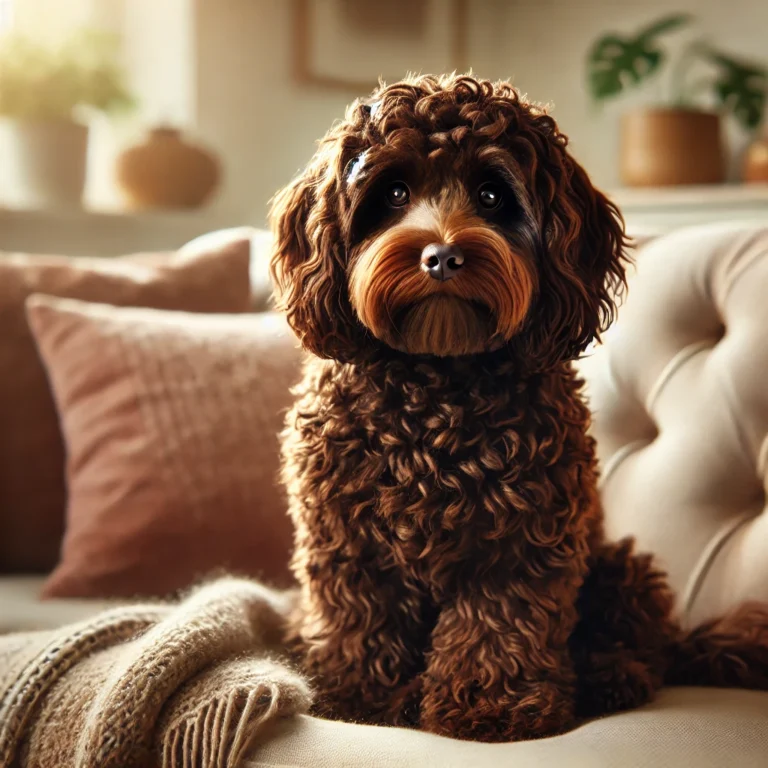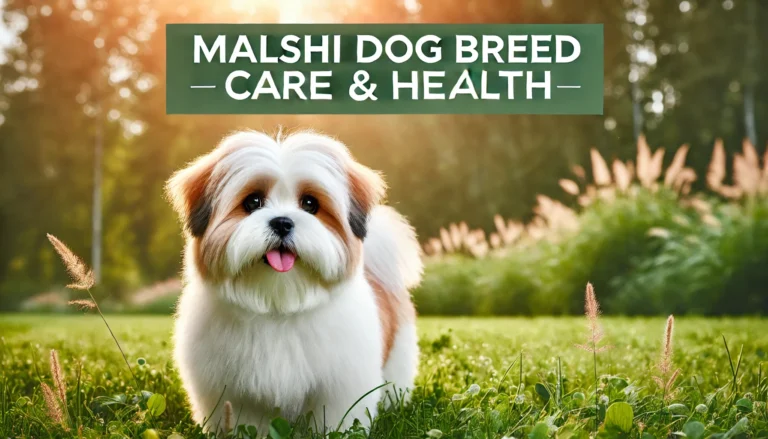Bulldog (English Bulldog) Dog Breed: Comprehensive Health and Care Guide

Know everything about bulldog:
Hey there! If you’re a proud parent of an English Bull dog or considering adopting one, you’re in the right place. English Bulldogs, with their iconic, wrinkled faces and stout frames, are among the most endearing of dog breeds. Their unique appearance and jolly personalities have captivated hearts worldwide. However, beneath their adorable exterior lies a breed with specialized health needs and care requirements. So, let’s embark on this detailed journey into the world of English Bulldogs.

1. Understanding Your English Bull dog
Bull dogs, often referred to simply as ‘Bull dogs’ or ‘English Bulldogs,’ have a history that is as fascinating as their squished faces. Originating from ancient mastiff-type dogs, the breed was first mentioned in English literature around 1500, labeled as bold and ferocious. However, the modern English Bull dog has been bred to be far gentler than its ancestors. Despite their tough appearance, Bull dogs are known for being softies at heart, devoted to their families and friendly with children and strangers alike.
2. Recognizing Common Health Issues
English Bulldogs face a variety of health challenges that prospective and current owners should be aware of:
- Breathing Problems: As a brachycephalic breed, Bulldogs often suffer from Brachycephalic Syndrome. This condition can lead to difficulty breathing and necessitates a careful approach to exercise and heat exposure.
- Joint and Hip Issues: Hip dysplasia is prevalent in the breed due to their distinctive body structure. Keeping your Bull dog at a healthy weight can help manage and prevent joint problems.
- Skin Conditions: Those adorable wrinkles can trap moisture and debris, leading to skin infections. Regular cleaning and monitoring of their skin folds are essential for their well-being.
- Eye Issues: Conditions like Cherry Eye are common in Bull dogs due to their protruding eyes. Regular check-ups can help catch these issues early on.
3. Feeding Your English Bull dog
Nutrition plays a pivotal role in maintaining your Bull dog’s health. Bull dogs are prone to obesity, which can exacerbate their health issues. Feeding them a balanced diet tailored to their specific needs is crucial:
- High-Quality Dog Food: Look for foods that are specially formulated for Bull dogs or similar breeds with similar health needs. The best dog food for English Bull dogs typically contains joint-supporting nutrients such as glucosamine and chondroitin.
- Proper Feeding Practices: Avoid free-feeding and measure out their food portions to prevent weight gain. Bull dogs are known for their appetite and will rarely turn down food.
4. Physical Activities and Exercise
Bulldogs are not the most athletic dogs, but they still require regular physical activity to maintain their health. Due to their susceptibility to heat exhaustion and breathing difficulties, exercise should be:
- Short and Controlled: Avoid strenuous activities and opt for shorter, more frequent walks during cooler parts of the day.
- Engaging and Safe: Use games and indoor activities to engage their minds and keep them active without risking their health.
Do you know?
Ticks are small, blood-sucking parasites that belong to the arachnid family, the same family as spiders. Ticks on dogs can transmit several diseases, which is why they are a significant concern. Ticks on Dogs can look like a tiny bump; as it fills with blood, it may become a visible and engorged dark spot on your dog’s skin.
5. Grooming and Hygiene
Maintaining your Bulldog’s hygiene is more than just keeping them looking good—it’s crucial for their health:
- Regular Cleaning of Wrinkles: Use a damp cloth to clean inside the folds and thoroughly dry them to prevent bacterial growth.
- Bathing and Coat Care: Bull dogs should be bathed regularly but not so frequently that it dries out their skin. Use a dog shampoo that maintains the natural oils in their coat.
6. Veterinary Care and Regular Check-ups
Regular visits to the vet are essential for keeping your Bull dog healthy. These check-ups can help detect and treat common Bull dog issues before they become serious. Vaccinations, routine health screenings, and parasite control are all part of a comprehensive health care regime.
7. Special Considerations for English Bull dog Puppies
Raising an English Bull dog puppy requires special attention to their diet, socialization, and early health screenings. Choose a reputable breeder who can provide health clearances for the puppy’s parents to ensure they have a healthy start in life.
Conclusion
Owning an English Bull dog can be a joy and a challenge. With their distinct health needs and care requirements, Bull dogs require dedicated owners who are prepared to give them the love and attention they deserve. By understanding the breed’s specific needs and proactively managing their health, you can ensure your Bull dog lives a long, happy, and healthy life.
What is the Speciality of Bull dog?
Bulldogs are known for their distinctive, muscular build, pushed-in nose, and wrinkled face, which give them a unique, lovable appearance.
What are the characteristics of a bull dog?
Bulldogs are stocky, compact, and have a distinctive pushed-in nose. They are known for their loose, saggy skin and furrowed brow.
What is a bull dog used for?
Historically, they were bred for bull-baiting, but today, they are primarily companion animals known for their gentle demeanor.
What does it mean to bulldog someone?
To bulldog someone means to approach them with determination and persistence, often without regard to subtlety or tact.
Are Bull dogs friendly dogs?
Bulldogs are generally very friendly, loyal, and affectionate with their families.
What makes Bull dogs so special?
Their unique appearance, calm and courageous personality, and strong loyalty make bulldogs special and beloved pets.
Are Bulldogs intelligent?
Bulldogs are intelligent but can be stubborn, which may require patience and creative training methods.
How do Bull dogs show love?
Bulldogs show love through lots of snuggling, following their owners around, and displaying protective behavior.
Are Bulldogs aggressive to humans?
Bulldogs are not typically aggressive to humans and are known more for their friendly nature.
Are Bull dogs jealous?
Bulldogs can be possessive of their owners and may exhibit jealousy if they feel their attention is divided.






